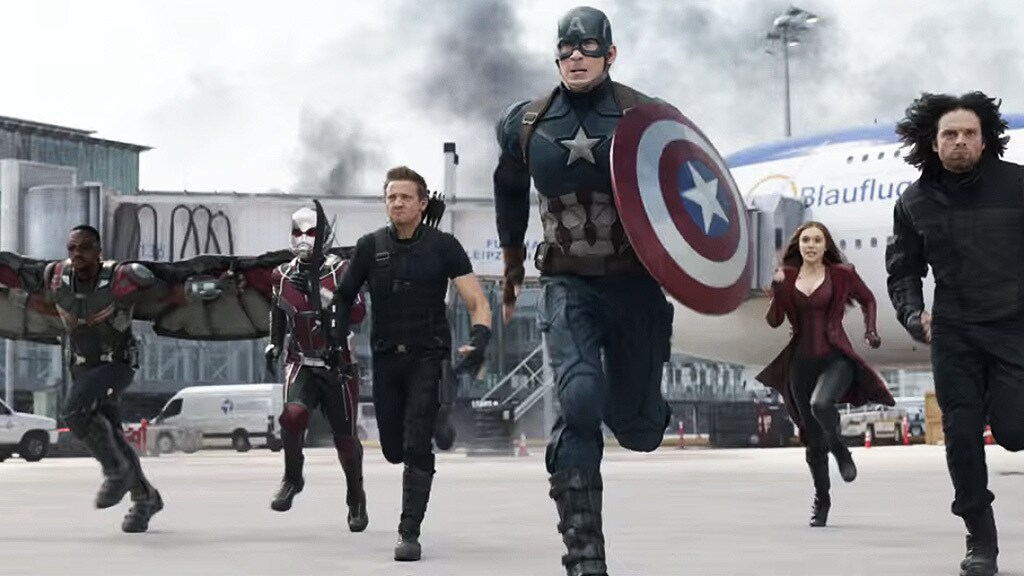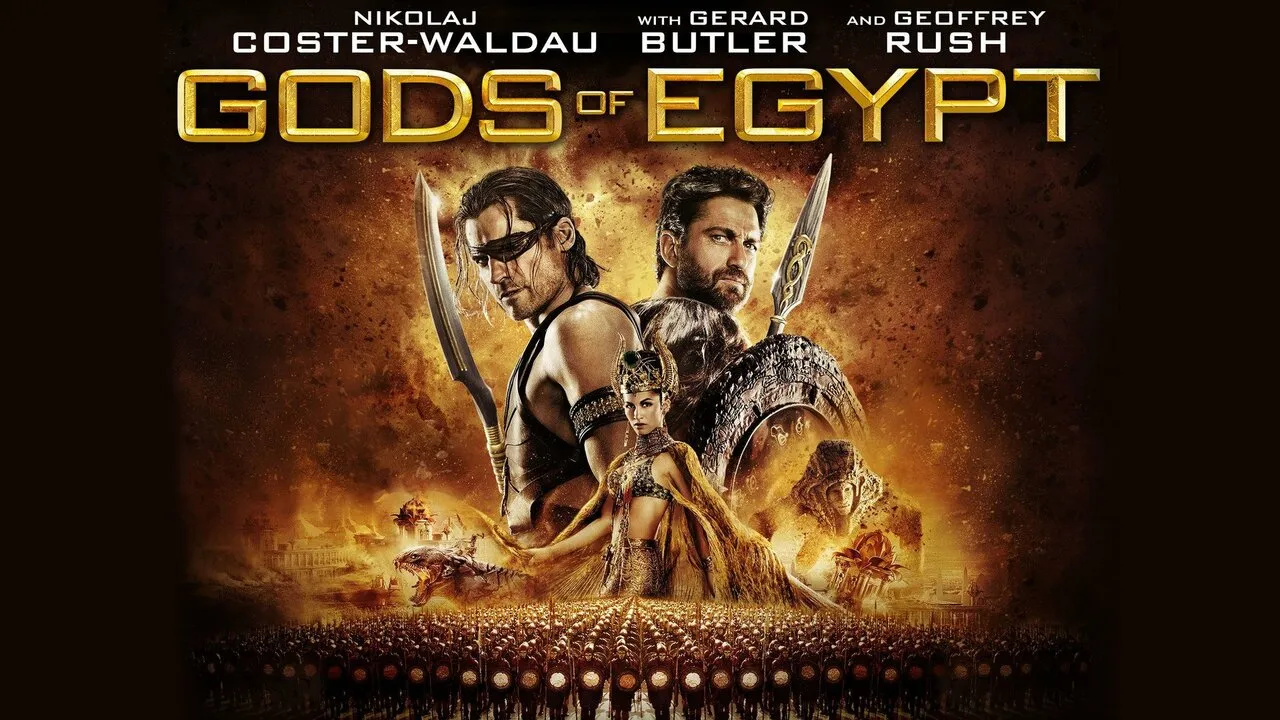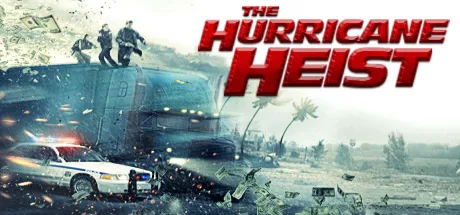Friendship shattered. Ideals tested. The cost of loyalty has never been higher.
Captain America: Civil War is not just another Marvel blockbuster—it’s a turning point in the Marvel Cinematic Universe (MCU), where loyalty, morality, and friendship are put to the ultimate test. Directed by Anthony and Joe Russo, this 2016 film delivers high-octane action, but it’s the emotional and ideological warfare between beloved characters that truly defines it.
Following the events of Avengers: Age of Ultron, the world governments introduce the Sokovia Accords—legislation designed to regulate and control superpowered individuals. Tony Stark (Iron Man) supports this measure, guilt-ridden over past collateral damage. Steve Rogers (Captain America), however, refuses to hand over moral authority to bureaucrats, especially when innocent lives—like that of his old friend Bucky Barnes—hang in the balance.

This clash of ideologies fractures the Avengers, turning teammates into opponents. What unfolds is a tragic and thrilling spiral of betrayal, unintended consequences, and brutal confrontations. The film's airport battle scene—featuring Spider-Man, Black Panther, and Ant-Man—remains one of the most iconic ensemble fight sequences in superhero cinema.
But Civil War isn’t just about physical conflict. It dives into deep questions: Should heroes be above government control? Can personal relationships survive differing worldviews? What is justice without freedom? The answers are murky—and that’s what makes the story resonate long after the credits roll.

Ultimately, the film reshapes the MCU, scattering its core characters and sowing seeds of division that echo through later installments. Civil War isn't just a fight—it’s a fracture. And its consequences are anything but superfluous.



-1749464069-q80.webp)